On the afternoon of November 9, Quang Ngai Obstetrics and Pediatrics Hospital announced that its doctors had successfully performed an emergency endoscopic surgery to repair a perforated stomach of an 8-year-old boy in Nghia Phuong Commune (Tu Nghia District, Quang Ngai). The patient's health has stabilized.
Previously on November 6, the above-mentioned child was transferred to Quang Ngai Obstetrics and Pediatrics Hospital with the reason of intermittent abdominal pain, vomiting, and no fever.
After clinical examination, doctors from the Department of Pediatrics and Gastroenterology and the Department of Surgery of Quang Ngai Obstetrics and Pediatrics Hospital conducted a consultation and performed necessary tests such as abdominal ultrasound, standing abdominal X-ray...
The results determined that the patient had a perforated hollow organ, so the doctors ordered emergency surgery.
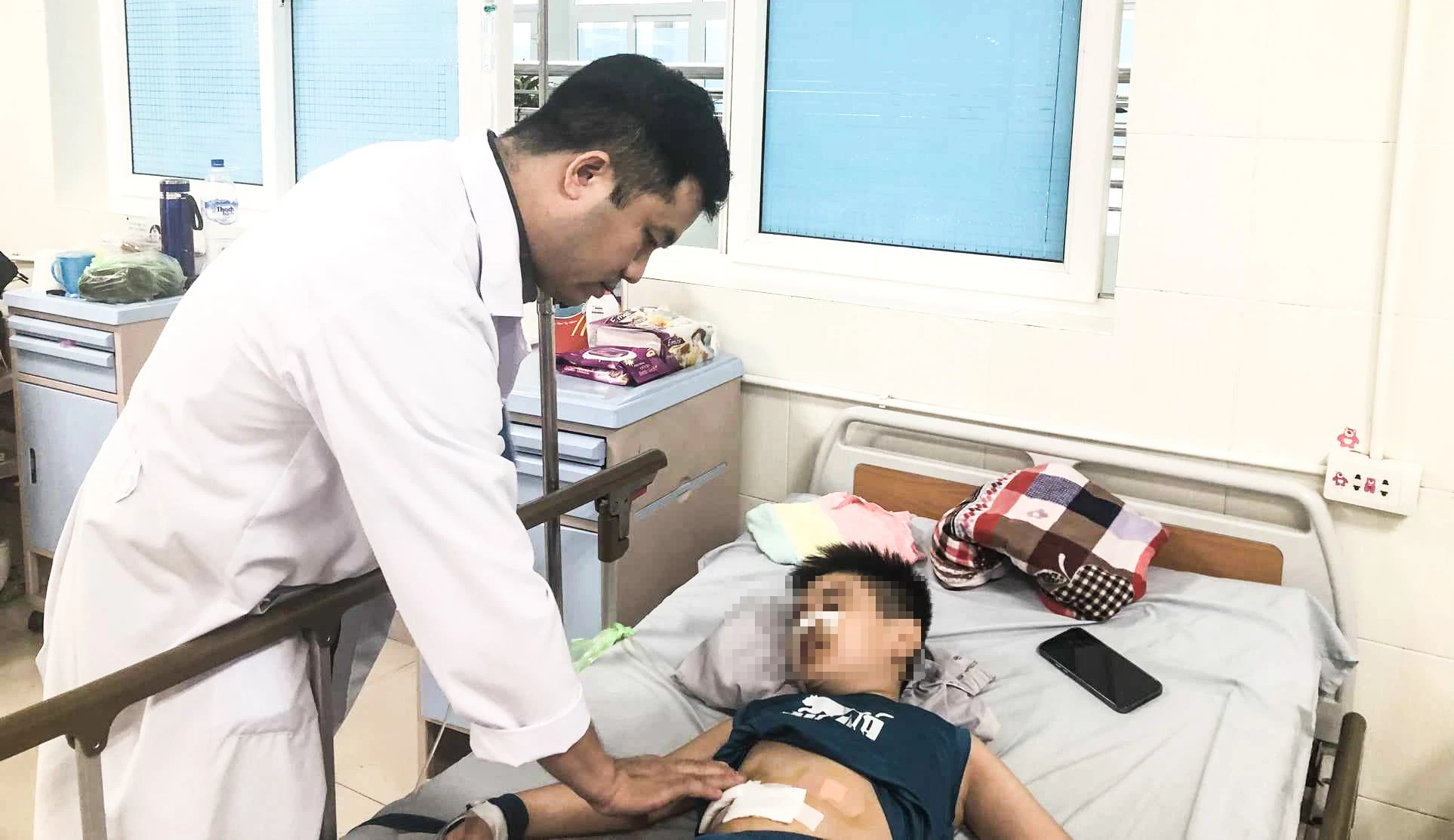
Doctor Pham Xuan Duy, Head of Surgery Department (Quang Ngai Obstetrics and Pediatrics Hospital), checks the health of a child patient.
QUANG NGAI OBSTETRICS AND PEDIATRIC HOSPITAL
Doctors performed laparoscopic surgery to suture the perforated stomach of the child. At the same time, they cleaned the abdomen and drained it. After surgery, the child was transferred to the Department of Surgery for further treatment.
Doctor Pham Xuan Duy, Head of the Department of Surgery (Quang Ngai Obstetrics and Pediatrics Hospital), said that gastric perforation in children is very rare, so it is easy to misdiagnose it with other acute diseases such as acute appendicitis, enteritis, intestinal obstruction, etc. If not diagnosed and operated on promptly, it will lead to severe peritonitis, which is life-threatening.
"Parents need to pay proper attention to their children's health to avoid possible unfortunate complications. When your child has signs of epigastric pain, dull or continuous pain, stiff abdomen, inability to eat, and no relief from medication... these are suspected signs of perforation of a hollow organ, commonly a perforation of the stomach or duodenum, so you should take your child to the hospital immediately," Dr. Duy advised.
Source link


![[Photo] Prime Minister Pham Minh Chinh chairs meeting to discuss tax solutions for Vietnam's import and export goods](https://vstatic.vietnam.vn/vietnam/resource/IMAGE/2025/4/10/19b9ed81ca2940b79fb8a0b9ccef539a)



![[Photo] Phuc Tho mulberry season – Sweet fruit from green agriculture](https://vstatic.vietnam.vn/vietnam/resource/IMAGE/2025/4/10/1710a51d63c84a5a92de1b9b4caaf3e5)



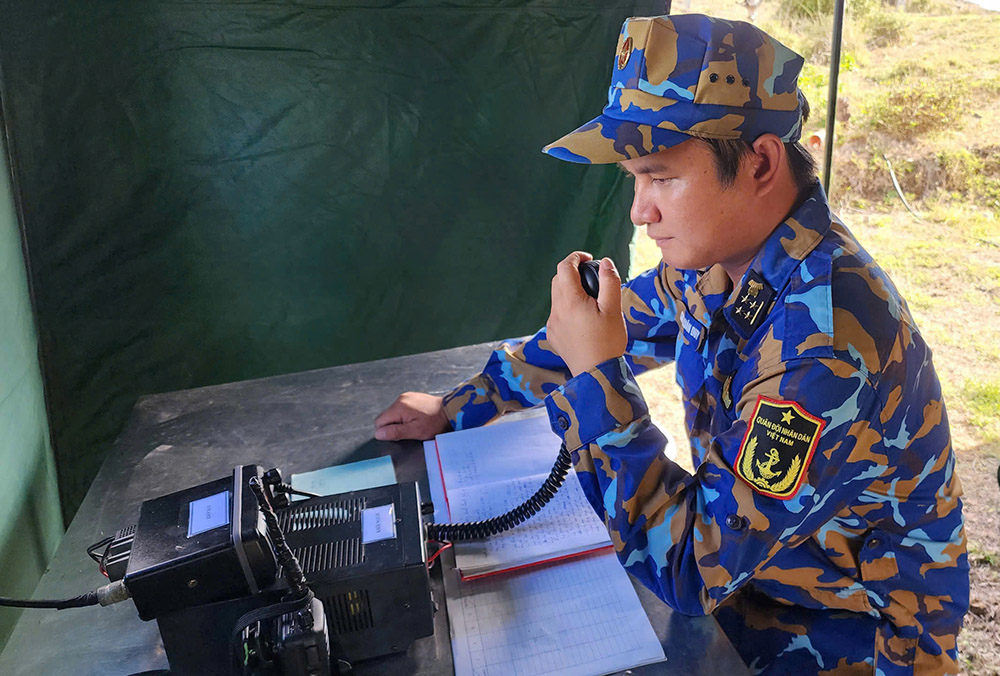



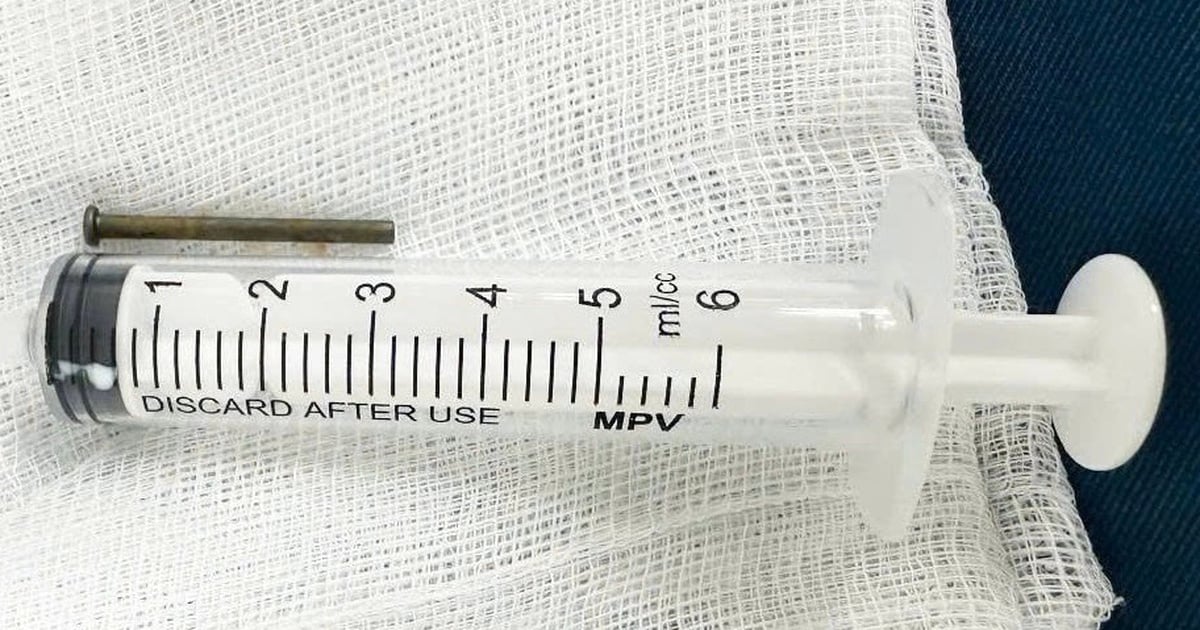




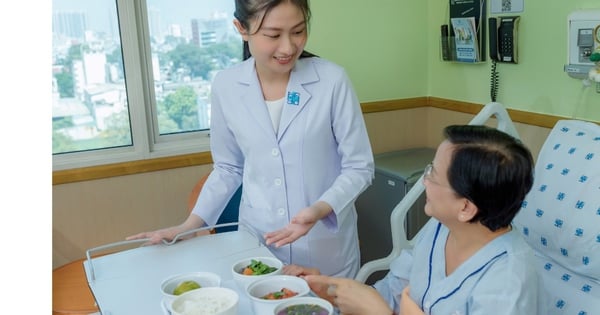










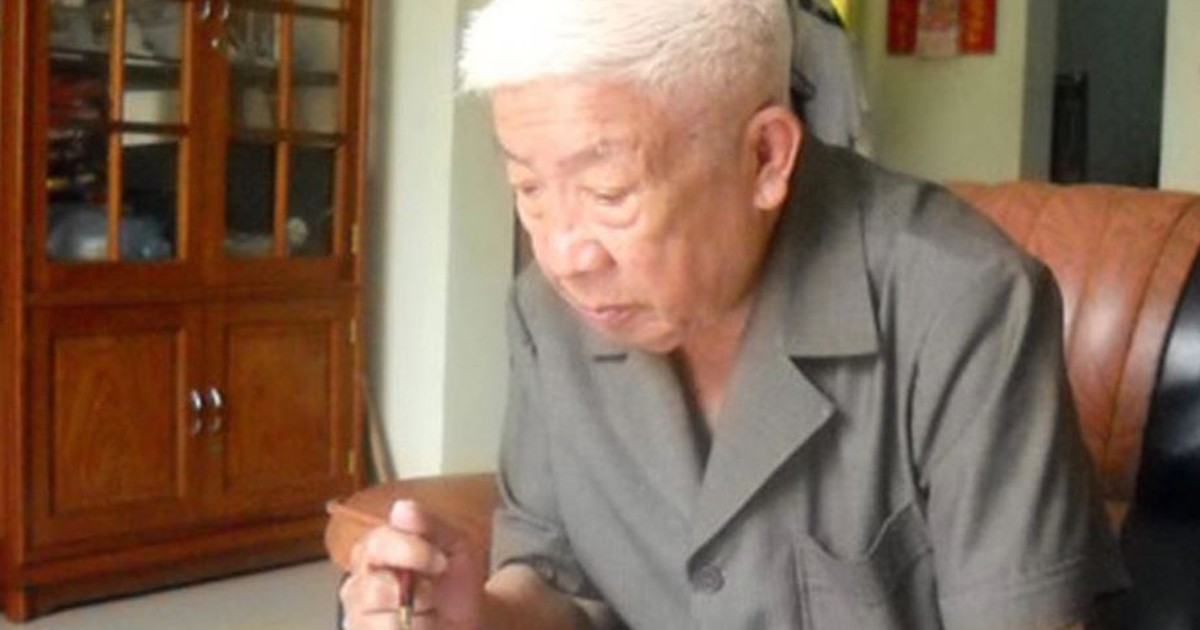




![[Photo] Unique folk games at Chuong Village Festival](https://vstatic.vietnam.vn/vietnam/resource/IMAGE/2025/4/10/cff805a06fdd443b9474c017f98075a4)
















































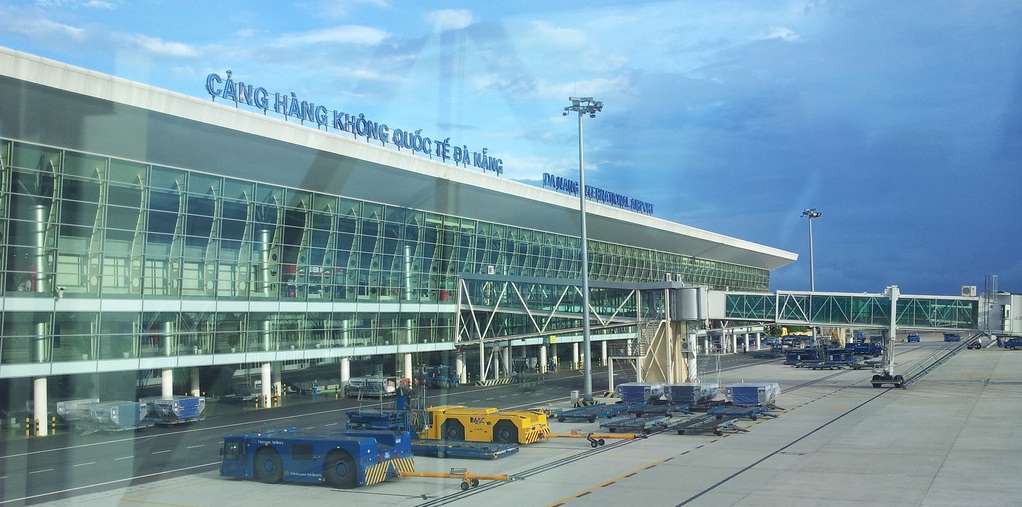












Comment (0)